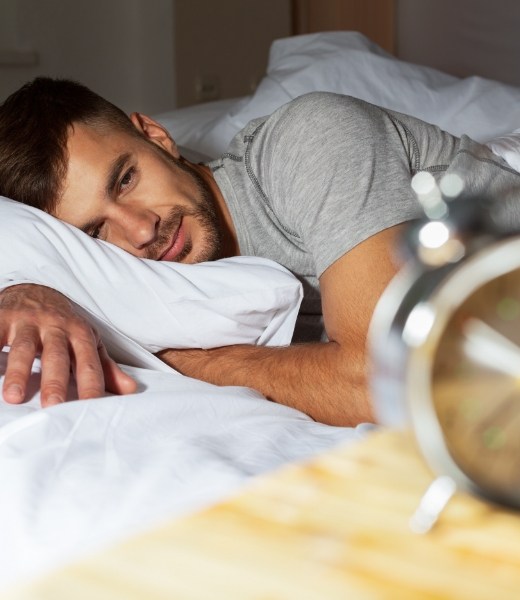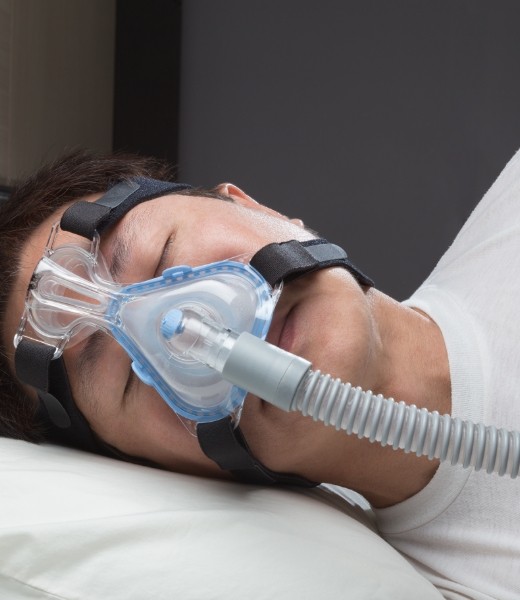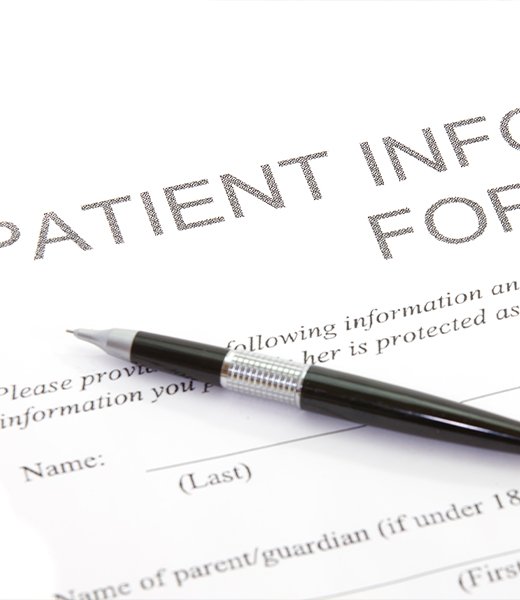Sleep Apnea Therapy – Avon, CT
Stop Snoring, Sleep Better
Your bedmate has told you that you’ve been snoring loudly almost every night. This could be a sign that you have sleep apnea, one of the most prevalent sleep disorders in the United States. Living with this condition can lead to exhaustion and a higher risk for dangerous health problems. While it can be treated with a CPAP device, we can offer a more comfortable alternative – oral appliance therapy. Call us to schedule an appointment.

What is Sleep Apnea?

Obstructive Sleep Apnea (OSA) is a disorder in which the airway becomes blocked during sleep, causing airflow to stop on multiple occasions. Patients with OSA are at a higher risk for heart disease, hormone imbalances, and weight gain.
To conduct a screening, we’ll ask you a few questions involving your sleep habits and sleep quality. We may also recommend you take home our home sleep test to diagnose any potential sleep-related breathing disorders.
At-Home Sleep Testing

The home sleep test involves wearing our device, the ARES Watermark Unicorder, for 1-2 nights. While you sleep, this device measures blood oxygen saturation, pulse rate, airflow, snoring levels, head movement, and body position. The data acquired is stored on the device and is interpreted by a board-certified sleep physician. We will review the results with you and provide a copy to bring to your physician.
Oral Appliance Therapy

If diagnosed with OSA, we’ll discuss treatment options including CPAP and mandibular repositioning devices. Also referred to as Oral Appliance Therapy (OAT), an oral device covers your teeth and positions your lower jaw down and forward to open the airway and prevent its collapse during sleep. In addition to being less invasive and more comfortable, an oral device can be fully covered by most medical insurances.
Upon fabrication of a custom oral appliance, we will send you home to try it out. Once you are comfortable wearing the device and feel that you are having more restful sleep, we’ll have you complete a follow-up home sleep study. This is necessary to ensure that the device is working sufficiently to reduce or resolve your OSA, and not just diminish the symptom of snoring.
Sleep Apnea Patient Forms





